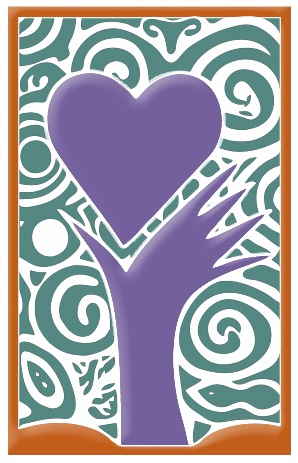Ancient Art Midwifery® Code of Conduct
Students enrolled in Ancient Art Midwifery (AAM) have an obligation to conduct themselves in a manner that is supportive both of learning and our online community. We have adopted reasonable policies, procedures, and regulations in an effort to support and protect every student’s civil rights as well as their rights to midwifery education.
A student’s failure to uphold AAM standards may result in a review of a student’s behavior for appropriate disciplinary action. Students who fail to comply with this Code of Conduct may be dismissed from AAM at any time with no reimbursement of fees.
Online and In-Person Interactions
AAM is committed to fostering a learning environment that is supportive of all. Membership and/or participation in online groups/student forums is not a requirement of enrollment or graduation, but are offered as enrichment and options for interaction with other students.
Statements and interactions that demean, disparage, dehumanize, or dis-empower any individual or group of people, or incite or encourage violence toward an individual or group of people, are not acceptable in any AAM group. This includes AAM’s public and private social media pages, website forums, study groups, and workshops.
Harassment in any form is strictly against AAM policy and may result in disciplinary action. Harassment is any verbal or physical action based upon race, color, creed, religion, gender, national or ethnic origin, age, political affiliation, handicap, or sexual orientation. This includes using and/or directing others to use personal social media or other online forums to “out” (identify) or shame an AAM student for any of the above reasons, or to verbally or physically threaten or intimidate them.
Please remember that as midwifery students, you are not just representing yourself, you are also representing AAM and midwifery as a profession. Prior to posting online or making public statements, carefully consider the impact your statements have on the public perception of midwifery and your future in the profession.
All complaints of harassment will be fully investigated, and every student is assured that they will be free from any and all reprisal from filing a complaint.
Online and In-Person Grievance Procedure
“Don’t be in such a hurry to condemn a person because s/he doesn’t do what you do or think as you think or as fast. There was a time when you didn’t know what you know today.” Malcolm X
AAM can not be held responsible for statements made on students’ personal social media, blogs, web sites, etc., unless they specifically tie the school to their claims. Our students are of varying backgrounds and belief systems and you do not have to ‘friend’ any other students. Feel free to unfollow/unfriend any students if you have a problem with them for any reason.
In AAM space, or in a case where personal online media or interaction specifically ties AAM to a statement or action that you feel is inappropriate or inflammatory, here is the procedure:
1. Contact a staff member via private email or message with details immediately so they can respond to the comment, if necessary.
2. You also have the option to address your complaint to our Grievance Committee.
3. The committee will review the complaint and invite the parties involved to provide background, details, and explanations regarding the matter. Mediation between parties will be available, if necessary.
4. The committee will determine if any disciplinary action is necessary and will make recommendations to AAM Administration.
Honesty in Academic Work and in Professional Practice while enrolled in AAM
AAM expects all students to complete their own course work to the best of their abilities. Dishonesty in scholarly or professional work, whether in the form of fraud, plagiarism, or cheating, is unacceptable. Students who have submitted work or engaged in professional conduct that demonstrates dishonesty may face disciplinary procedures including but not limited to: receiving a warning, suspension, or permanent dismissal from AAM.
• Fraud is the “wrongful or criminal deception intended to result in financial or personal gain or acting with the intent to deceive others, typically by unjustifiably claiming or being credited with accomplishments or qualities”. Some examples of fraud include using another person’s online identifiers such as usernames and passwords, concealing or misrepresenting one’s own identity, impersonating another individual, falsifying information on such documents as resumes, curriculum vitae, or applications, misrepresenting oneself as acting on behalf of AAM, or using AAM’s name or logo without prior written permission.
• Plagiarism is defined as “the practice of taking someone else’s work or ideas and passing them off as one’s own”. This may be done with or without the permission of the other individual. The most common example is using website copy or written text verbatim without acknowledging the author.
• Cheating is any act to obtain or attempt to obtain assistance in getting credit for work or improve academic performance by dishonest or deceptive means. This includes copying another student’s work, giving or receiving of information or answers to questions (tests or assignments) whether verbally or in writing, and using study aids during tests and exams where they are expressly prohibited.

